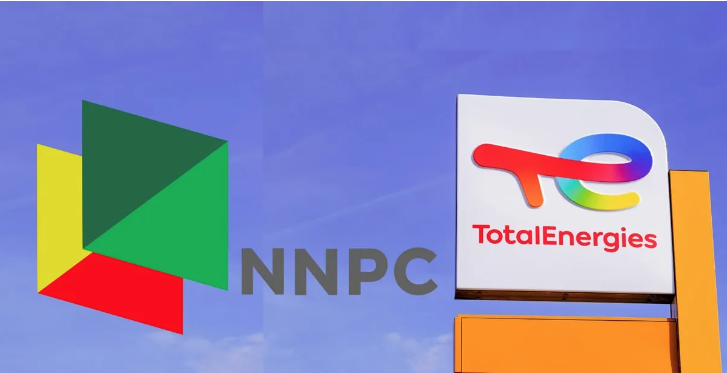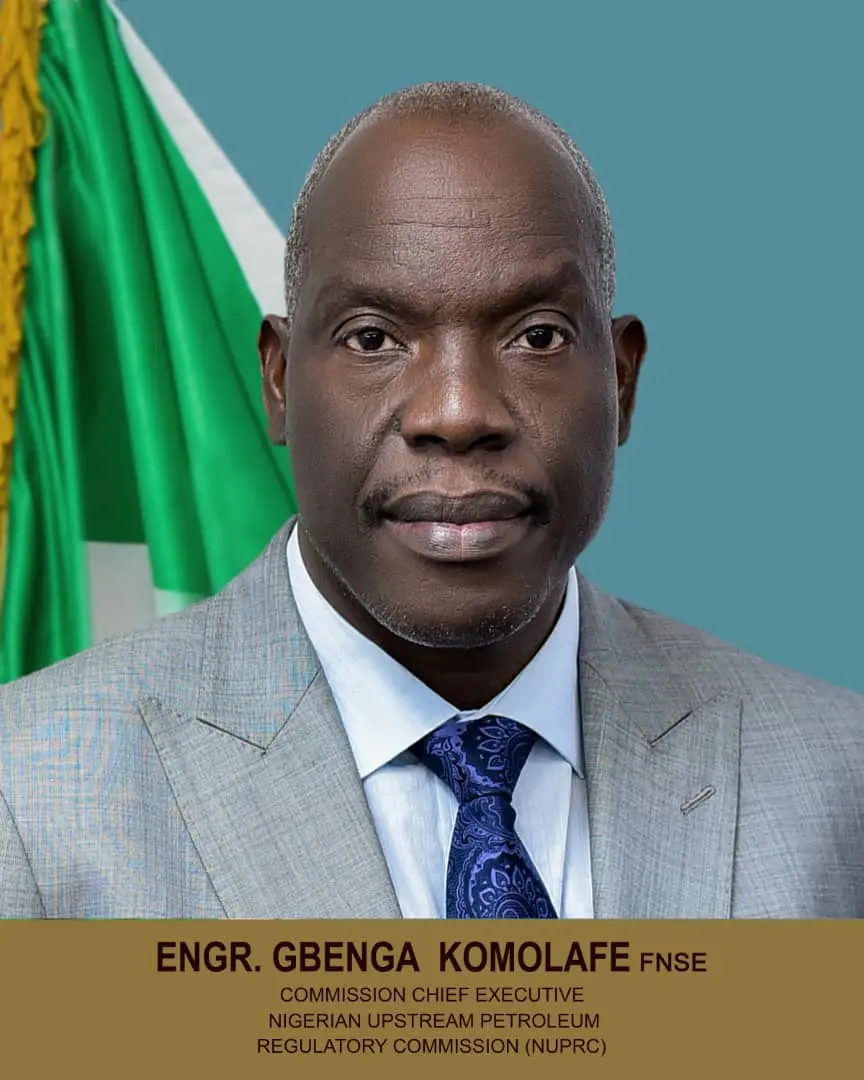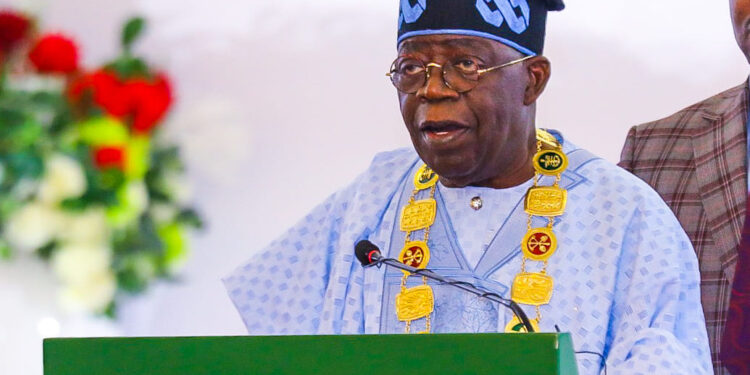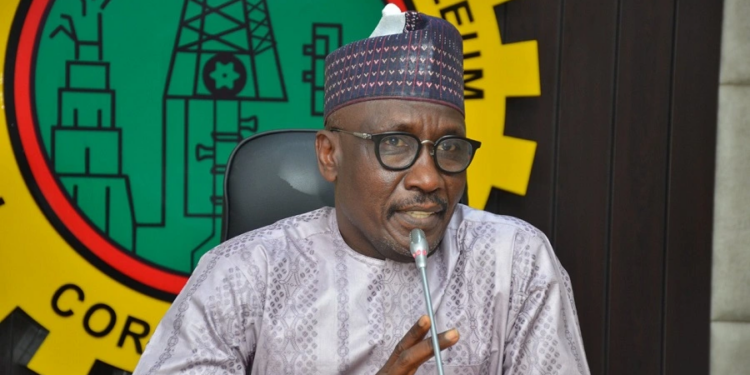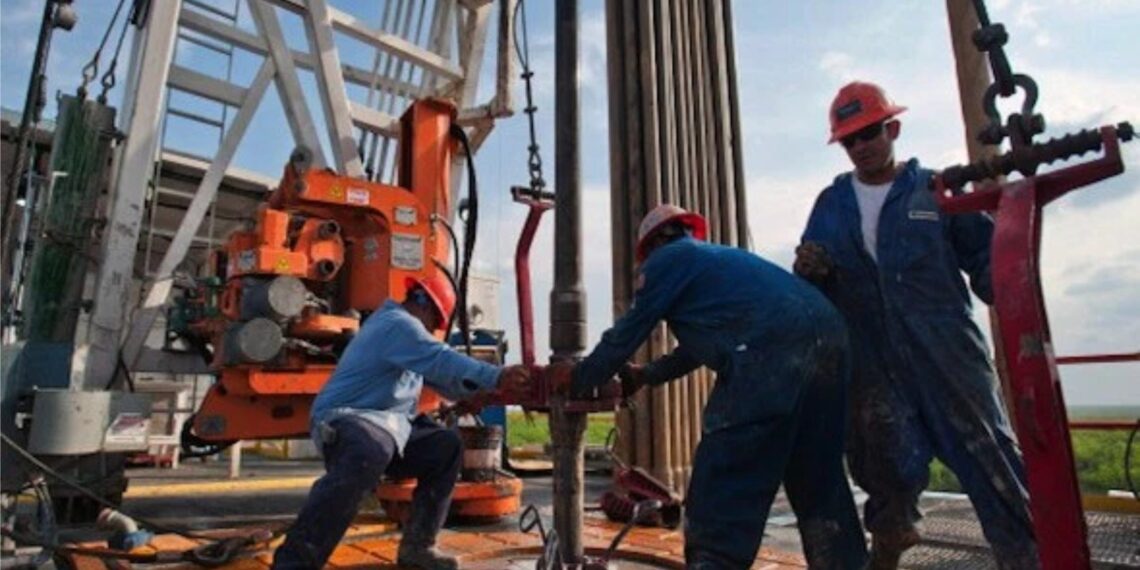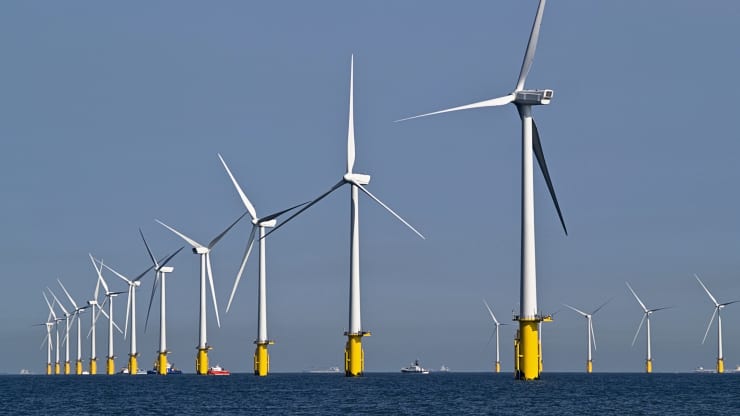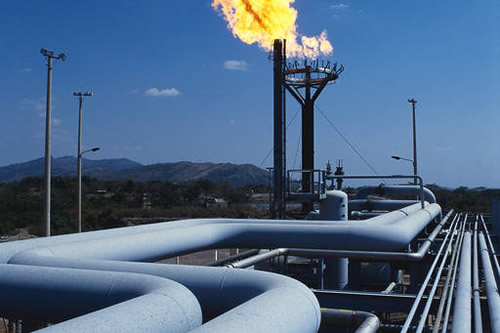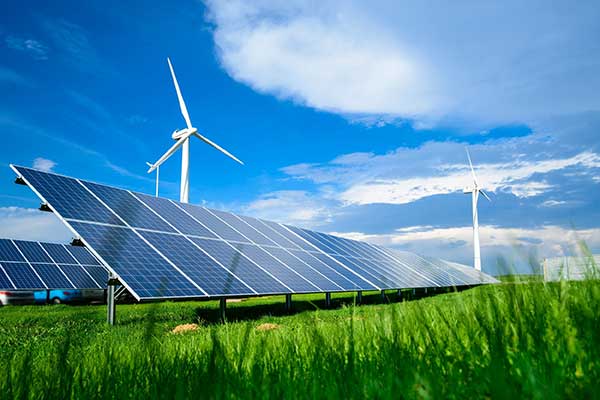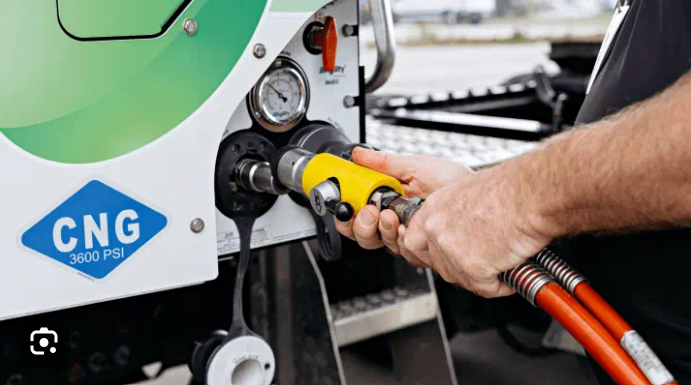Aliko Dangote, group chairman and founder of Dangote Group has disclosed that the newly built Dangote refinery located in Lagos, Nigeria would not have been possible without the African Export-Import Bank (Afreximbank), the International Finance Corporation (IFC), and Access Bank.
He also disclosed that he has paid interest and principal of about $2.4 billion out of the $5.5 billion borrowed to establish the refinery in Nigeria.
Dangote said this on Tuesday during a fireside chat with CNN on ‘Using Industrial Transformation to Build Bridges: The Global Africa Vision and Experience of the Dangote Group’, at the ongoing 2024 Afreximbank annual meetings, incorporating Africaribbean trade and investment forum, in Nassau, The Bahamas.
“We borrowed the money based on our balance sheet, we borrowed a total of $5.5 billion but we have paid a lot of interest as we go along because the project was delayed because of lack of land, also the sand filling. It took a long time, almost six years or so. We didn’t do anything for five years.
“It was actually in 2018 that we started. We borrowed that much, we have actually of course paid interest and some principal, of about $2.4 billion. So, we’ve done very well. We now have only about $2.7 billion left to be paid. So we’ve done very well for a project of that magnitude,” he said.
Foreign investors’ NGX trade up 437% in four months
Wike, Fubara’s clash triggers APC call for state of emergency
“I think the luck that we had by getting the refinery done is because people believed that we were crazy, it will never happen. So I think the people who were sabotaging us were less concerned because they knew that these guys had entered into something that they were going to finish. They thought that we were going to fail. And I must thank a lot of our bankers for not panicking.
“The issue is that I must say, not because Benedict Oramah is here, but I can tell you, this refinery wouldn’t have been possible without Afreximbank. I think he’s one person who has so much belief in the refinery himself and then the other gentleman who is late now, Herbert Wigwe of Access Bank.
“Oramah is actually more convinced than some of my staff. Yes, he’s more convinced because when we took him there, both him and some of his board members, they became so much sort of convinced that this is the right way to go. And I must honestly tell you that, which I told you in the interview, even though I didn’t see that path. I said without the likes of Afreximbank, African Finance Corporation (IFC), it will be very difficult for us to industrialise,” Dangote said.
Narrating his experience in the refinery journey, he said, “I feel great but we really went through tough times, also including covid-19 time. So, during the setting up of the refinery, when we thought about building the refinery, we first of all did not have a clue of how huge this refinery is going to turn out to be. That is the reason we went into building the refinery. If we knew what we were really going to get into, we would not have started at all.”



